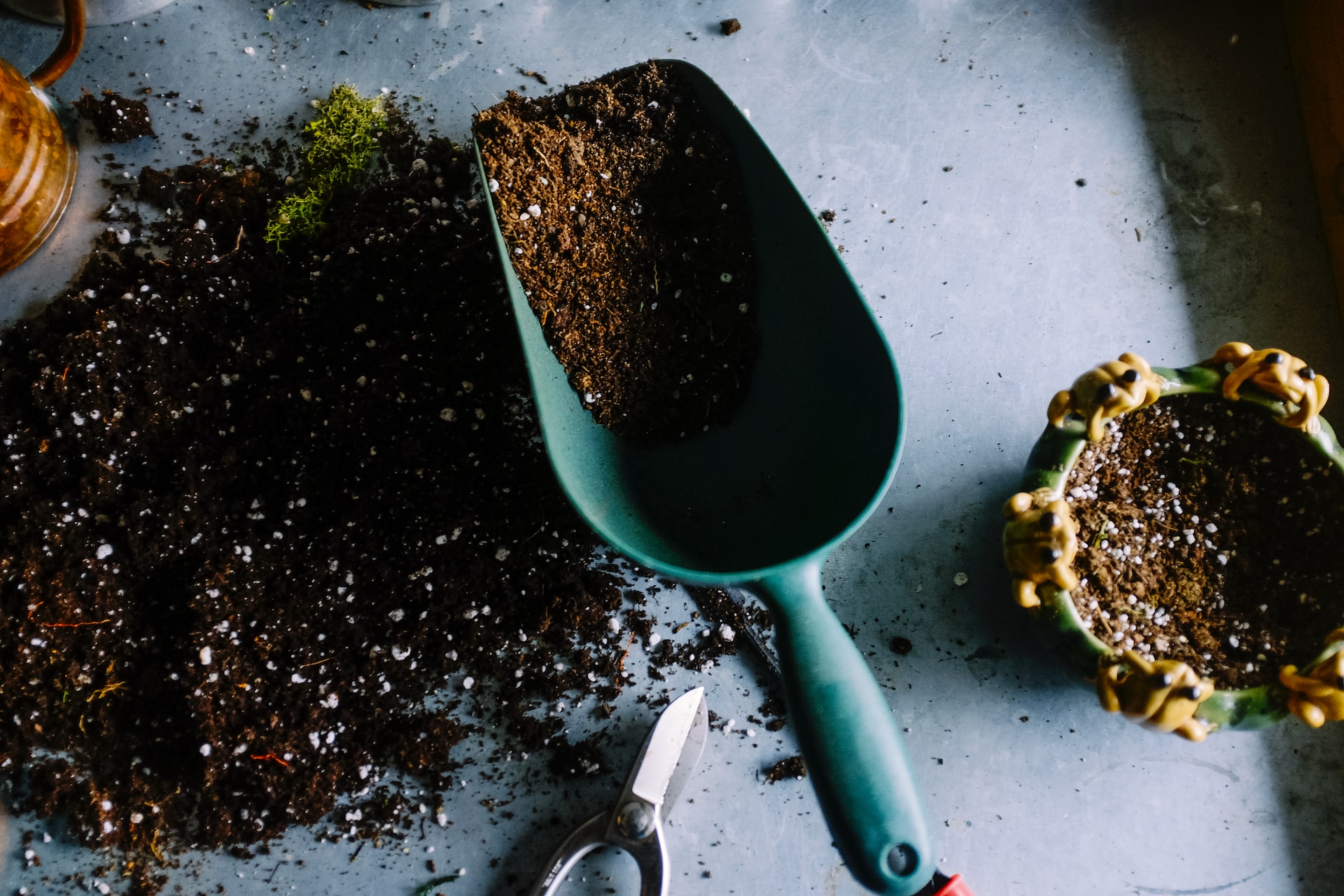Gardening is a healthy pastime for people of all ages, but it’s especially beneficial to seniors as it helps to increase their levels of physical activity, boosts their confidence, and promotes mental wellness and happiness. But as we grow older, physical limitations such as reduced coordination and mobility can make gardening a little more difficult and dangerous. Statistics show that every year, more than 200,000 people receive emergency room treatment after sustaining injuries from garden tools and lawn equipment, with the elderly being much more vulnerable to these types of injuries due to their mobility issues. Active steps should be taken to protect our elderly loved ones from getting hurt while gardening-- not only will it reduce the likelihood of accidents, but it will also help them to enjoy their hobby for a longer time. Here’s how you can make gardening safer for seniors with limited mobility.
Use tech to make gardening tasks easier
The addition of smart technology in homes has enabled millions of people to multitask and stay safe in their living spaces, especially elderly people. It is predicted that by 2022, over 60 million American homes will qualify as smart abodes, and more seniors with health issues will benefit from devices that enable mobility and safety. Voice assistants, smart cameras, and smart alarm systems can be installed inside the home, but why not go the extra mile and make the outdoors safer for your loved ones by adding gardening tech to the backyard?
A smart or robot lawn mower can keep one’s lawn looking neat and tidy with zero effort. Devices such as the Husqvarna Automower, Robomow, Honda Miimo, and Worx Landroid come equipped with GPS and Wi-Fi so seniors can control them using their phone. Meanwhile, Wi-Fi powered sprinklers can take over watering duties so seniors can have more time to do other gardening tasks.
Modify the garden
Tending to vegetable or flower beds takes a lot of bending and stretching, which can get challenging as we age. Instead of adding more plots or beds, encourage your senior loved ones to do container or vertical gardening, which is easier on joints and muscles. Herbs, kale, lettuce, chili peppers, onions, and radishes easily grow in pots and containers, while string beans, tomatoes, and cucumber thrive in vertical gardens or trellises. Make sure that all containers are placed on a table that will allow an older gardener to work while standing up or sitting down, and regularly inspect trellises, stakes, and fences to ensure that they’re sturdy enough to support growing plants and produce.
Rethink your tools
Using tools that are designed to make gardening easier for those with mobility issues can make pruning, watering, and weeding a breeze. Replace a heavy watering can or hose with a lightweight model, and consider investing in pruners and loppers that can effectively do the job without exerting too much force. Seniors can also use long-handled gardening tools to reduce excessive bending or reaching.
With the right tools and some small changes, gardening can be a lot easier and more fun for older gardeners. Try these tips to make gardening safer for seniors with limited mobility, and help them to continue enjoying time in their outdoor space.
